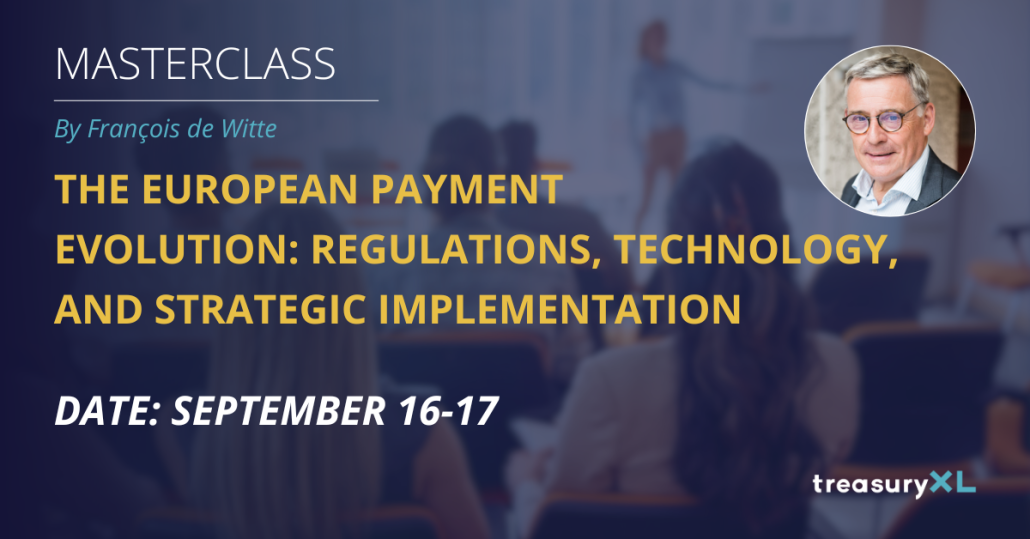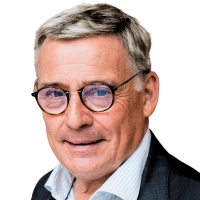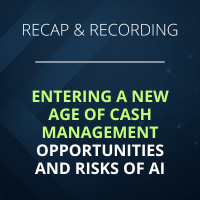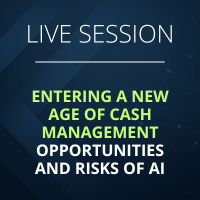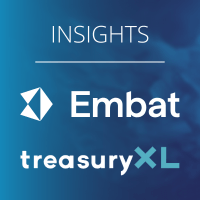Course Overview
The payment industry is experiencing an unprecedented transformation, driven by a convergence of regulatory reforms and technological breakthroughs in Europe. As traditional payment systems evolve and new digital solutions emerge, financial institutions, corporations, and fintech companies must adapt their strategies and operations to remain competitive and compliant.
The EU regulatory landscape is becoming increasingly complex, with the introduction of the Instant Payment Regulation, MiCAR, and the projected Financial InterChange Data Act (FiDA). These changes are fundamentally altering how payments are processed, secured, and monitored across the financial ecosystem. Simultaneously, technological advancements in blockchain, artificial intelligence, and open banking are creating new possibilities for payment processing, risk management, and customer service.
This intensive virtual masterclass bridges the gap between regulatory requirements and practical implementation. Through a combination of expert insights and hands-on exercises, participants will explore the intricacies of building compliant payment systems while leveraging new technologies. The program examines real-world case studies from European implementations, providing valuable lessons from early adopters and highlighting potential pitfalls to avoid.
The timing of this masterclass is particularly relevant as the industry approaches key implementation deadlines and market shifts. Financial institutions are racing to modernize their payment infrastructure, corporations are seeking more efficient treasury operations, and fintech companies are exploring new market opportunities. Understanding these changes and their implications is crucial for any professional involved in the payment ecosystem.
Learning Objectives
By the end of this masterclass, participants will be able to:
- Have an overview of new regulations impacting payments (PSD2, the Instant Payment Regulation, MiCAR (Market in Crypto Assets Regulation), the Projected FiDA (Financial InterChange Data Act) and the projected PSD3 and PSR (Payment Service Regulation)
- Create a practical implementation roadmap for the new regulations and API integration
- Understand the other change drivers in the payments world
- Assess opportunities in new payment instruments including Request to Pay, digital wallets, open banking payments and cryptocurrency payments
- Design strategic responses to emerging trends in open finance and embedded finance
- Develop an action plan for regulatory compliance and competitive advantage in the evolving payment ecosystem
Who should attend?
An event precisely for:
- Treasury & Finance Professionals
- Risk Managers
- Financial & Business Controllers
- CFOs & Senior Leaders
- FinTechs
- Corporate & Institutional Treasury
Meet your Trainer: François de Witte
After having worked for more than 30 years in banking, François launched his own consultancy activity, FDW Consult, Services BV, specialized in banking, finance and treasury consulting. From 2014 to 2016, he was also Solution Partner Treasury & Finance at USG Professionals. Since then, he took up several assignments, including one in the automotive sector with Louyet Group, with Ibanity, part of Isabel Group in the area of PSD2 and open banking, and with Gaming1 (In House Bank and Transfer Pricing Project). He has been independent Director at CKV, a small niche player mortgage and savings bank from 2019 until 2022, and worked from February 2023 to October 2023 as Group Treasurer ad interim with Bosal International.
François is lecturer of the course “Advanced Treasury” and “Cash and Working Capital Management” in the Master program “Finance and Treasury” at the IAE Management School (part of the University of Lille), and at Febelfin Academy. He also teaches and has a leading role in the Certificate in International Treasury and Corporate Finance Management organized by ATEL and the House of Training in Luxembourg. François is also member and mentor of Fintech Belgium.
François has a master’s degree both in Law and Economics from the Katholieke Universiteit Leuven.

